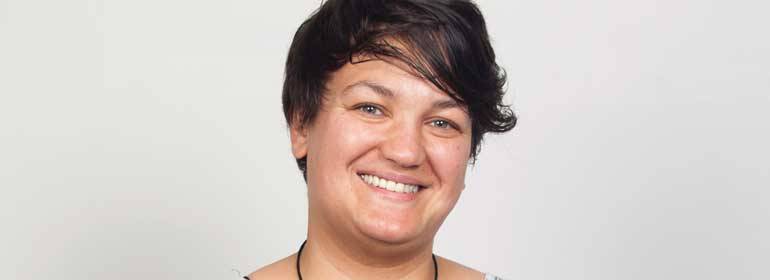In post-Catholic Ireland we have unprecendented freedom of choice, but there are some choices we still aren’t allowed to make for ourselves, says Rachel Matthews-McKay.
Just this month I started training as a funeral celebrant. I’m told by my tutors that with the decline of the Church as one of the many reasons, there’s a hugely growing demand for the services we will be equipped to provide.
Across the country there’s a shortage of celebrants willing and able to provide tailormade services for our various rites of passage and life celebrations. I’m not suggesting that some of the more traditional religious ceremonies, communities and their spiritual leaders are void of love and genuine care, but they no longer serve all of our belief systems and it’s no longer a given that they have a monopoly on how we mark our births, deaths, marriages and anything else in between.
Although it might seem like a different age, relatively it’s not that long ago that films like The Life of Brian were banned from being shown in cinemas, or books like Edna O’Brien’s The Country Girls were blacklisted, or that the Vatican made public statements discouraging people from listening to the likes of Madonna.
 Nowadays the very idea of banned books, music or film has become alien in most of western society. Granted we have clear legal lines drawn in terms of extreme porn and the violence of snuff movies for instance, but generally there is very little we don’t have easy access to, even more so with the dawn of the Internet. Currently my day-job is in the library in Trinity College Dublin and I am still amazed at the amount of and the kinds of books which are now available to all, but are still housed in the ‘banned books’ collection.
Nowadays the very idea of banned books, music or film has become alien in most of western society. Granted we have clear legal lines drawn in terms of extreme porn and the violence of snuff movies for instance, but generally there is very little we don’t have easy access to, even more so with the dawn of the Internet. Currently my day-job is in the library in Trinity College Dublin and I am still amazed at the amount of and the kinds of books which are now available to all, but are still housed in the ‘banned books’ collection.
Thousands upon thousands of books were banned in Ireland, predominantly through the influence of the Church on our legislators. For a great deal of the 1960s and ’70s this power was wielded by the infamous Archbishop Charles John McQuaid, who imposed all manner of dogmatic rules upon the people and their daily lives.
I look at some of these books and I can’t for the life of me figure out what kind of moral damage they could possibly have inflicted. The truth, of course, is that they didn’t or couldn’t have
in many cases, but as with much of McQuaid and his peers’ illogical and ultra-conservative standards, it wasn’t so much about the actual content but having social control itself.
It was curbing a sense of liberty, restricting notions of choice and quashing any sense of ‘free will’.
If you did step out, break away or simply express your human desires through fashion, sexuality, or philosophical ideas you would be punished; exiled, ex-communicated, locked away, and lashed with all manner of sticks, belts and castigations.
We’ve read the reports and we know how corrupt these moral custodians were – I don’t need to remind anyone about the level of damage and the unthinkable violence that happened behind closed doors in the hands of religious orders and under Church governance.
But ding-dong, the witch is dead! Well not entirely, of course; there are still some serious gremlins that have yet to be quashed and campaign fires to be ignited.
The last bastions of control are still haunting us, predominantly in the shape of reproductive rights, health education, abortion rights, access to non or multi- denominational education, and homophobia, transphobia and biphobia are still integral to myriad religious ethos’ bodies.
Still, it’s liberating to think that unlike our parents and any generation before them in Ireland, and unlike our peers in many other countries, the majority of us as free-thinking adults can pretty much wear whatever we like, say what we like, spend our own hard-earned money on whatever we want, with very few consequences.
Men, women and our non-binary friends can put their hands to a profession of their choice and leave or stay on, as long as there’s a position available to them. We can choose to have guilt-free sex, sex outside of marriage, or not have sex at all. We can have children or not, we can choose to live our lives out loud and not in secret, and we can certainly think and believe whatever we so choose.
Yes, there are some serious issues yet to be addressed. We should not have to travel abroad to access safe and legal reproductive healthcare or beg, borrow or steal for expensive HIV care treatment, nor should we have to force religion on our children to ensure a decent and non- discriminative education.
We now live in a time and of a generation that has the freedom, the creativity and the power to challenge and change the things we cannot and should not accept – here’s to the freedom of choice and the choices we make. Here’s to not accepting any lack of freedom of choice foisted upon us by religion.
This piece first appeared in GCN 322, October 2016.
© 2016 GCN (Gay Community News). All rights reserved.
